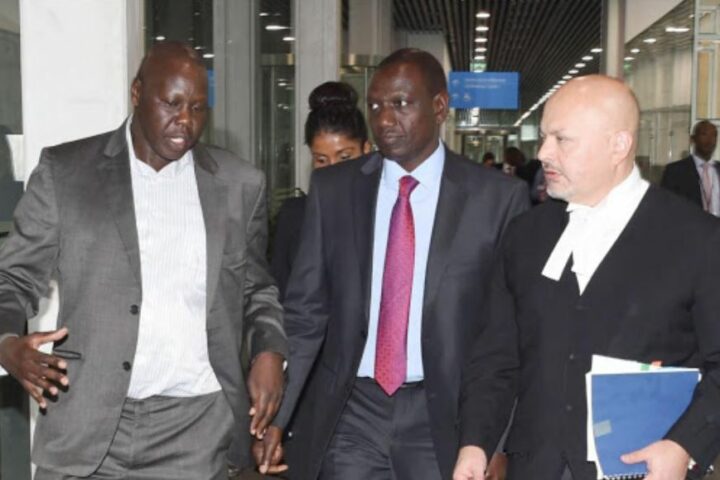
What does your job entail?
I am responsible for mentorship, and executing the company’s strategy at Liaison. You could call me the evangelist of the company’s mission. I enjoy coaching and mentoring young people, introducing them to the business, and ensuring that they contribute to the company’s mission.
What is your take on the new trend where millennials change jobs every two to three years?
When you enjoy what you do, time goes by quickly. I’d encourage the youth to get driven more by passion rather than keep changing workplaces unnecessarily. I understand that young people want to explore, and to be involved in different challenges, and that is something we endure as investors. Organisations need to create an environment where change is apparent. If roles are changing regularly in terms of scope and challenge, if the working hours are flexible, there are good working relationships, and employees’ efforts are recognised and appreciated, then perhaps the youth would stay longer in their organisations.
If young professionals feel stifled by outdated company policies for instance, they are likely to venture out and explore other opportunities. Remember that many millennials come from schools with flexible learning schedules, and from homes where the environment is open. So if they join an organisation where the systems are archaic, they are bound to feel out of place, and this could push them out of the organisation, and the company will have lost out on fresh talent.
Tell us about Liaison Group. What is the company’s mission?
We manage risks and offer insurance with the aim of mitigating risks on investments in Africa. We want to make sure that investors find a good environment to invest in, by minimising risks. And strictly speaking, we have not scratched the surface yet. We are currently in East Africa, planning to spread across the continent by 2050. We plan to leave a legacy as the first African non-banking organisation whose impact is being felt all over the world.
What could make regional entrepreneurship more attractive to the youth?
In Kenya we are setting a good example by opening our borders to investors from all over the world. If other East African countries would embrace this, then we would have more movement of labour. I doubt millennials will mind working in a foreign country.
Again, with technological advancements and agility in the work force, it will be near impossible to protect territories. From a policy perspective, leaders should understand that it is not always beneficial to close borders. Governments should appreciate that free movement of labour is the way to go.
What significant decisions would you attribute to the astounding career you’ve built?
The fact that I joined this business right from university. It was not an easy decision because at the time, the company was only involved in insurance, and this wasn’t very popular. Another thing is getting into socio-economic development. I chose, very early in my professional life, to support the needy. You may not realise it immediately, but when you cultivate such a culture, you start to view your daily activities broadly. You career becomes about more than just looking for profits.
What did you learn from your setbacks?
When you are making any important decisions, there is always a chance you will make the wrong one. Out of every 10 decisions, three or four will be wrong. But learn to fall forwards. Failures are supposed to be lessons. We fail every day but one must pick themselves up and forge ahead with strength and confidence.
What role did education play in building your career?
Education opens doors. It is a pedestal you should use to elevate yourself. Once you are up there, it is up to you to explore what you gained from your academics and move to the next stage. Education is a journey of experience. And it is important to take it very seriously.
When you are in school, you think discipline is a punishment, until you start working and realise that discipline is an integral requirement. I would not be where I am without my university education.
Your advice to young professionals about building strong careers?
Have passion and patience. Young professionals need to appreciate that passion is extremely important. You should enjoy the work. With patience, there is the opportunity to pursue any project. We do not have enough job opportunities, so a career is not always equal to employment. A career is what you do to make a living.
What is the most interesting memory you have of your undergraduate days?
The food at the cafeteria. During my time we could eat in five-star hotels, all paid for by government. We also got some substantial pocket money which we called “boom”. It was an enjoyable period.
Courtesy: myNetwork






